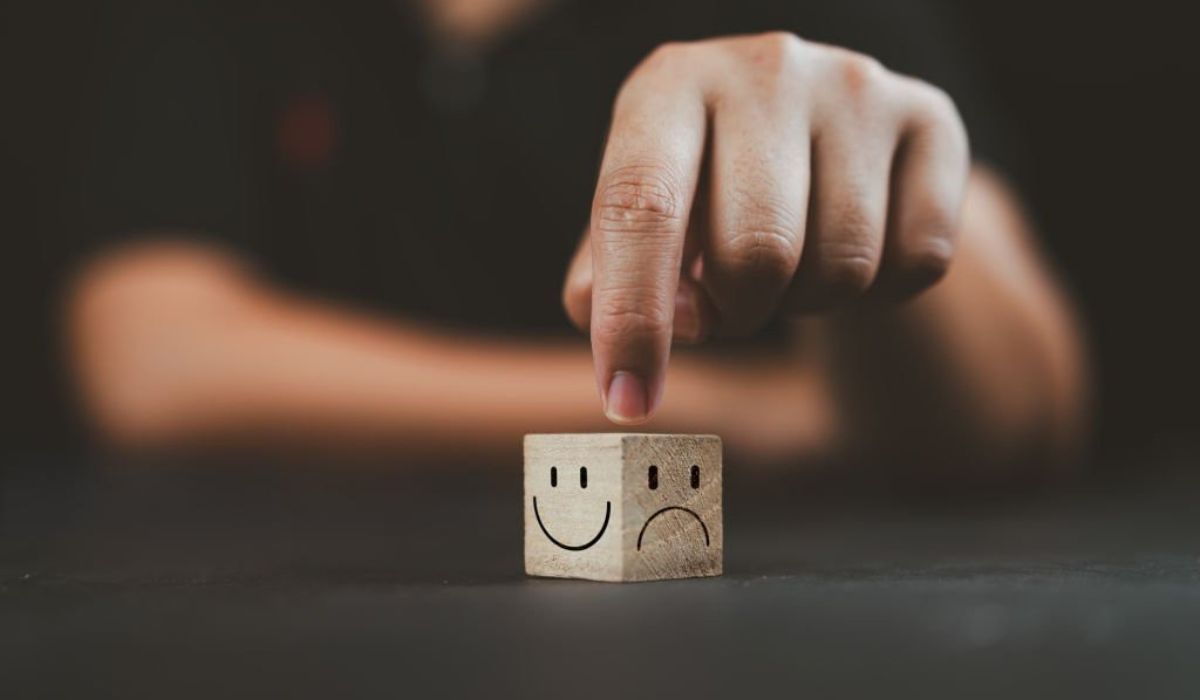Stress has become a common reality in today’s fast-paced world. Whether it’s work pressure, family responsibilities, financial worries, or social pressures, everyone experiences stress at some level.
But mental health isn’t just about avoiding stress, it’s also about coping better with life’s ups and downs, feeling happy, and finding inner peace.
Let’s understand in simple terms what mental health is, how stress works, and how we can cope with it positively.
What is mental health?
Mental health is about our thoughts, feelings, and behaviors. A healthy mind helps us:
- Coping with challenges
- Managing relationships
- And making better life decisions
Good mental health doesn’t mean you’ll always be happy, but it does mean you can handle difficult situations.
What is stress?
Stress is our physical and mental reaction when we face a challenge or threat. Sometimes it can be beneficial, like mild anxiety before a test that forces us to prepare.
But if it happens constantly, it can have negative effects on both the body and mind, such as insomnia, irritability, rapid heart rate, and anxiety or depression.
- Common symptoms of stress
- Frequent worrying or negative thoughts
- Trouble sleeping or fatigue
- Fast heart rate
- Change in or increase in appetite
- Becoming withdrawn or withdrawn
- Loss of interest in everyday activities
7 Easy Ways to Deal with Stress
1. Talk to a Trusted Person
Consulting a friend or family member can help relieve stress. Keeping your emotions bottled up can increase stress.
2. Get some physical activity every day
Whether it’s walking, yoga, or cleaning your house, being active releases happy hormones in your brain.
3. Breathe deeply
Just 5 minutes of deep breathing a day can help calm your mind.
4. Get enough sleep
Getting 7 to 8 hours of restful sleep every night is essential for mental health. Stay away from your phone and screens before bed.
5. Eat a healthy diet
A diet rich in fruits, vegetables, nuts, and water improves mental performance.
6. Set boundaries
Don’t try to please others all the time. Saying “no” is also self-protection.
7. Do things that bring joy to the heart
Reading a book, listening to music, or a hobby — such small tasks provide peace of mind.
Brief Case Study: Ali’s Journey
Ali is a 30-year-old bank employee. He worked 10-hour days, couldn’t sleep at night, and was often angry. At first, Ali thought it was all because of work, but over time, he began to feel lonely.
One day, he talked to a college friend, who suggested he see a psychologist. Ali followed the advice. After counseling, yoga, and improving his sleep routine, he began to feel more relaxed, energized, and content.
Lesson: Asking for help is not a sign of weakness; it’s a sign of wisdom.
When is it necessary to seek professional help?
If you feel that:
- Your sleep is constantly disturbed
- You cannot get rid of negative thoughts
- You are unable to perform daily tasks
- Or you feel lonely
Then consult a psychologist. Timely treatment can bring you back to life.
The bottom line
Mental health is a blessing, and taking care of it is both a right and a necessity for every human being. Life is busy, but it is also important to love yourself.
Small steps can make a big difference. Start today — for yourself, for your health.
FAQs
How do I know if my stress levels are becoming a mental health concern?
Answer:
While occasional stress is normal, it becomes a concern when it interferes with your daily life. Warning signs include constant fatigue, irritability, sleep problems, feeling overwhelmed, loss of interest in activities, and difficulty concentrating. If these symptoms persist for more than two weeks, it’s a good idea to seek professional help.
2. Can stress lead to long-term mental health issues?
Answer:
Yes. Chronic stress can increase the risk of developing serious mental health conditions like anxiety disorders, depression, and burnout. It can also affect your physical health, leading to high blood pressure, heart disease, and weakened immunity. Early stress management is key to preventing these complications.
3. What are some quick daily habits to reduce stress naturally?
Answer:
Here are a few simple habits to practice daily:
- Take 10 minutes for deep breathing or meditation
- Engage in physical activity like a brisk walk or light exercise
- Limit screen time, especially before bed
- Practice gratitude by writing down 3 positive things daily
- Stay connected with loved ones and talk about your feelings
Even small changes can make a big difference in how you feel over time.

